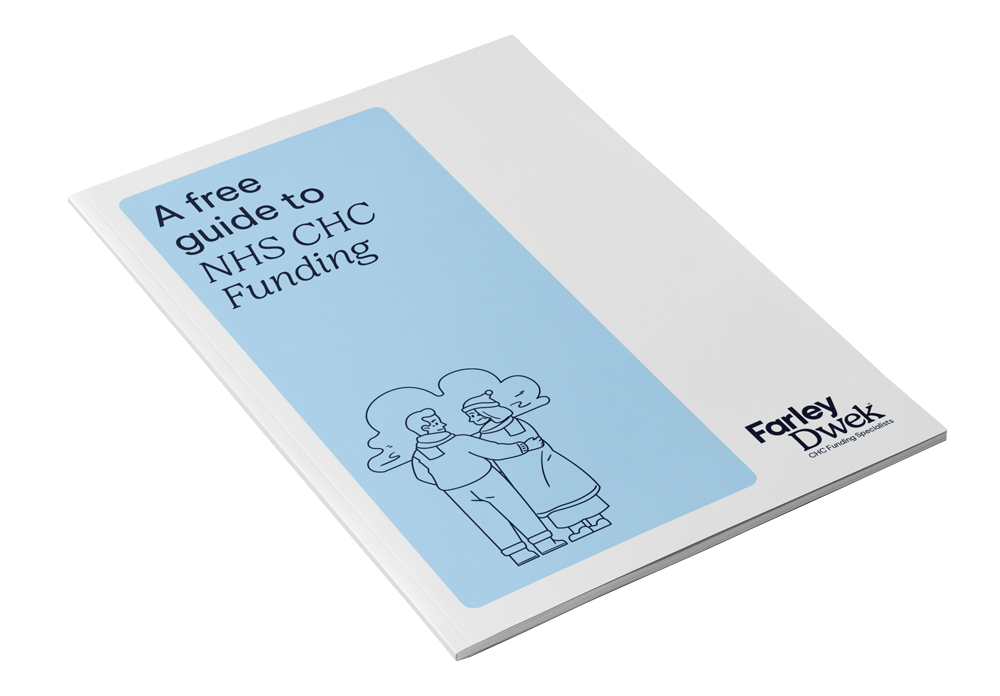Primary Health Need
What is a Primary Health Need?
In order to qualify for NHS Continuing Healthcare Funding (CHC), an individual needs to establish that they have a ‘Primary Health Need’ (also called a primary healthcare need or primary need for healthcare)
The National Framework for NHS Continuing Healthcare and NHS-funded nursing care defines a primary healthcare need as follows:
An individual has a primary health need if, having taken account of all their needs (following completion of the Decision Support Tool), it can be said that the main aspects or majority part of the care they require is focused on addressing and/or preventing health needs. Having a primary health need is not about the reason why an individual requires care or support, nor is it based on their diagnosis; it is about the level and type of their overall actual day-to-day care needs taken in their totality.
The Primary Health Need Test
In order to establish whether an individual has a Primary Health Need, you need to look at the totality of all their relevant needs and how they interact. Once the 12 domains of care have been completed on the Decision Support Tool, the Primary Health Need ‘test’ is then applied. These are the four “Key Characteristics” of nature, intensity, complexity and unpredictability. The Characteristics help determine whether the majority of care interventions are aimed at meeting health or social care needs.
Broadly speaking, social care is assistance to do the things we all do every day – getting up, having a wash, getting dressed, going to the toilet, eating and drinking, moving around, keeping our environment clean and tidy, maintaining social relationships. This is what the NHS and Social Services describe as the “activities of daily living” or “ADL”. For the purposes of CHC assessments, even if a person is totally dependent on others to meet all their ADL, that would still be deemed as social care, unless the interventions required are complex (skilled), intense (labour/time-consuming) or unpredictable (rapidly fluctuating).
Often, the dividing line is very narrow and subjective but the outcome will determine who pays the cost of care – the individual or the NHS!



